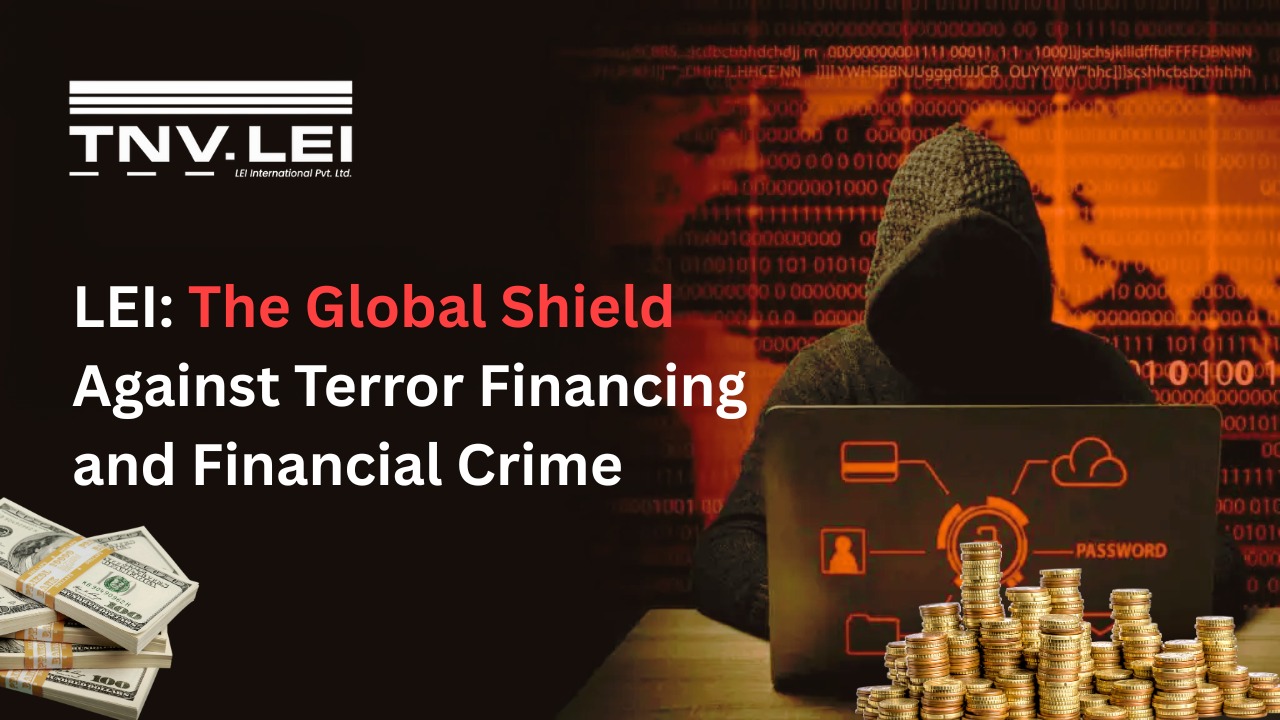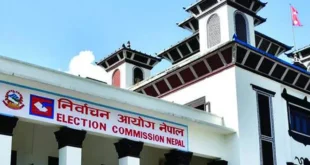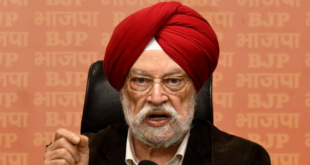Jubilee News Desk
Lucknow-based TNV LEI has positioned India as a key player in the global fight against terror financing and financial crime by driving widespread adoption of the Legal Entity Identifier (LEI), a unique code that verifies the identity and ownership of legal entities worldwide. With global LEI registrations now crossing 3.1 million, the system is emerging as a core transparency backbone for safer cross‑border finance.
The Legal Entity Identifier is a 20‑character code that answers two fundamental questions at the heart of anti‑money laundering and counter‑terror financing (AML/CFT) systems: “Who is who?” and “Who owns whom?”. By linking each company, trust, or organization to verified reference data and ownership information, the LEI sharply reduces the anonymity that criminals rely on to move illicit funds across borders. Global regulators and standard‑setting bodies increasingly view the LEI as a common language for identifying counterparties, enabling faster detection of high‑risk networks and more targeted financial intelligence.

In practical terms, widespread LEI usage helps authorities and financial institutions to:
- Trace complex ownership and control structures linked to shell companies and front entities.
- Detect suspicious transaction chains that span multiple countries and institutions.
- Strengthen KYC/KYB processes, reducing onboarding friction while improving AML accuracy.
- Enhance regulator‑to‑regulator cooperation in investigations of terror financing and cross‑border financial crime.
India’s regulatory push and TNV LEI’s role
India has emerged as one of the most proactive jurisdictions in embedding LEI into core financial regulation, particularly for large‑value and cross‑border activity. The Reserve Bank of India mandates LEIs for large corporate borrowers and significant transactions, while market and insurance regulators require LEIs in securities reporting and large exposures, encouraging banks and NBFCs to integrate LEI into KYB and fraud‑prevention frameworks. This alignment with global AML/CFT expectations boosts India’s credibility in international markets and supports safer digital commerce and payments.
TNV LEI, operated by LEI International Pvt. Ltd., is a wholly owned subsidiary of TNV Global Limited and a fully accredited Local Operating Unit (LOU) under the Global Legal Entity Identifier Foundation (GLEIF). Recognized as India’s first privately accredited LEI issuer, TNV LEI is expanding from its Indian base into markets such as the United Kingdom, underscoring Asia’s growing contribution to the worldwide LEI ecosystem. The company’s mission is to make LEIs accessible and affordable for businesses of all sizes, especially MSMEs, so that smaller firms can also participate in the global transparency network traditionally dominated by large financial institutions.
Leadership vision: LEI as digital backbone
TNV LEI’s leadership frames the LEI not merely as a compliance number but as a digital backbone of anti‑crime infrastructure and a gateway to global trust. Industry experts note that each new LEI enriches public data on entities and their relationships, making it harder for bad actors to conceal beneficial ownership or layer transactions through opaque structures. TNV LEI emphasizes that businesses which actively use their LEIs in invoicing, contracts, and cross‑border transactions effectively plug into a worldwide transparency grid that deters misuse of shell companies and complex offshore arrangements.
The company’s technology platform focuses on accurate validation of legal status directly from primary registries, ensuring that LEI records remain reliable, interoperable, and secure for both domestic and international users. By simplifying LEI lifecycle management—issuance, renewal, and data updates—TNV LEI aims to help Indian enterprises meet evolving global standards with less friction while strengthening their reputation with foreign partners and regulators.
Real‑world impact and rising global adoption
The integration of LEI data into automated screening tools allows banks and regulators to flag questionable entities faster, improve the quality of alerts, and reduce false positives that burden compliance teams. Clearer ownership and counterparty information supports quicker approvals for legitimate global transactions, enhancing the compliance standing of businesses that maintain active and accurate LEIs. In cross‑border investigations, LEIs provide a common reference point that helps stitch together transaction trails spanning multiple jurisdictions and reporting systems.
Global adoption of the LEI has accelerated in recent years, with GLEIF statistics showing more than 3.1 million LEIs issued worldwide as of late November 2025. Growth is particularly strong across Europe, India, and other key financial centers, reflecting recognition that LEIs reduce systemic risk and support more secure digital trade. TNV LEI’s expansion and focus on MSME participation positions India as a major contributor to this momentum, aligning domestic financial infrastructure with the highest international transparency benchmarks.
Strategic advantage in a digital economy
As e‑commerce, freelancing, online consulting, and digital trade grow, financial institutions increasingly expect clear, verifiable identity data before permitting large‑value transfers or long‑term business relationships. In this environment, trust has become a decisive currency, and regular use of LEIs can significantly reduce friction in cross‑border dealings, improve counterparties’ comfort levels, and shorten due‑diligence cycles.
Experts argue that the LEI is evolving from a narrow regulatory requirement into a strategic asset for businesses, particularly those seeking international investors, trade partners, or payment corridors. TNV LEI signals that the road ahead will involve deeper integration of LEIs into anti‑terror‑financing measures, asset‑freezing mechanisms, and global payment rails, with the company committed to keeping Indian businesses at the forefront of this safer, more transparent financial ecosystem
 Jubilee Post News & Views
Jubilee Post News & Views





